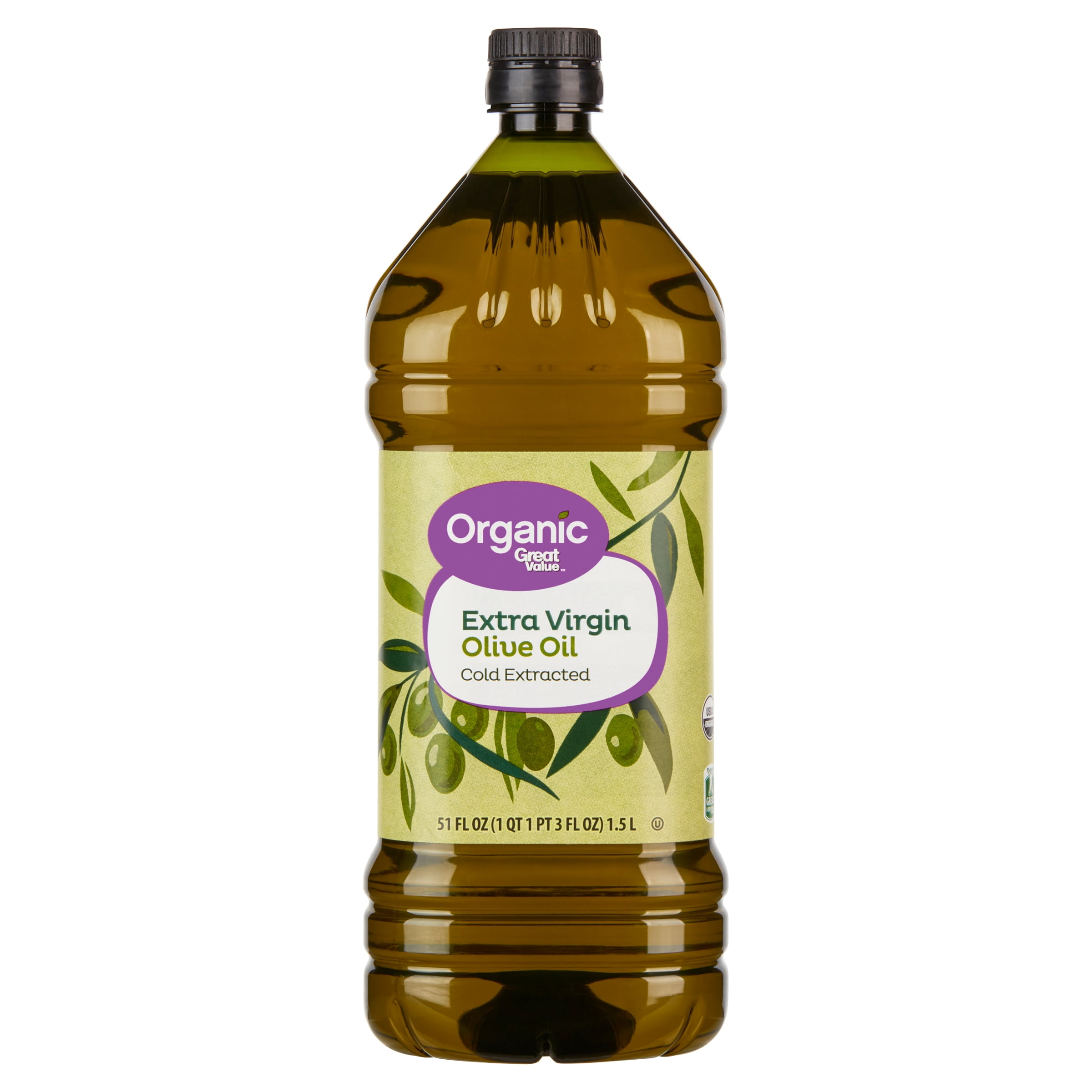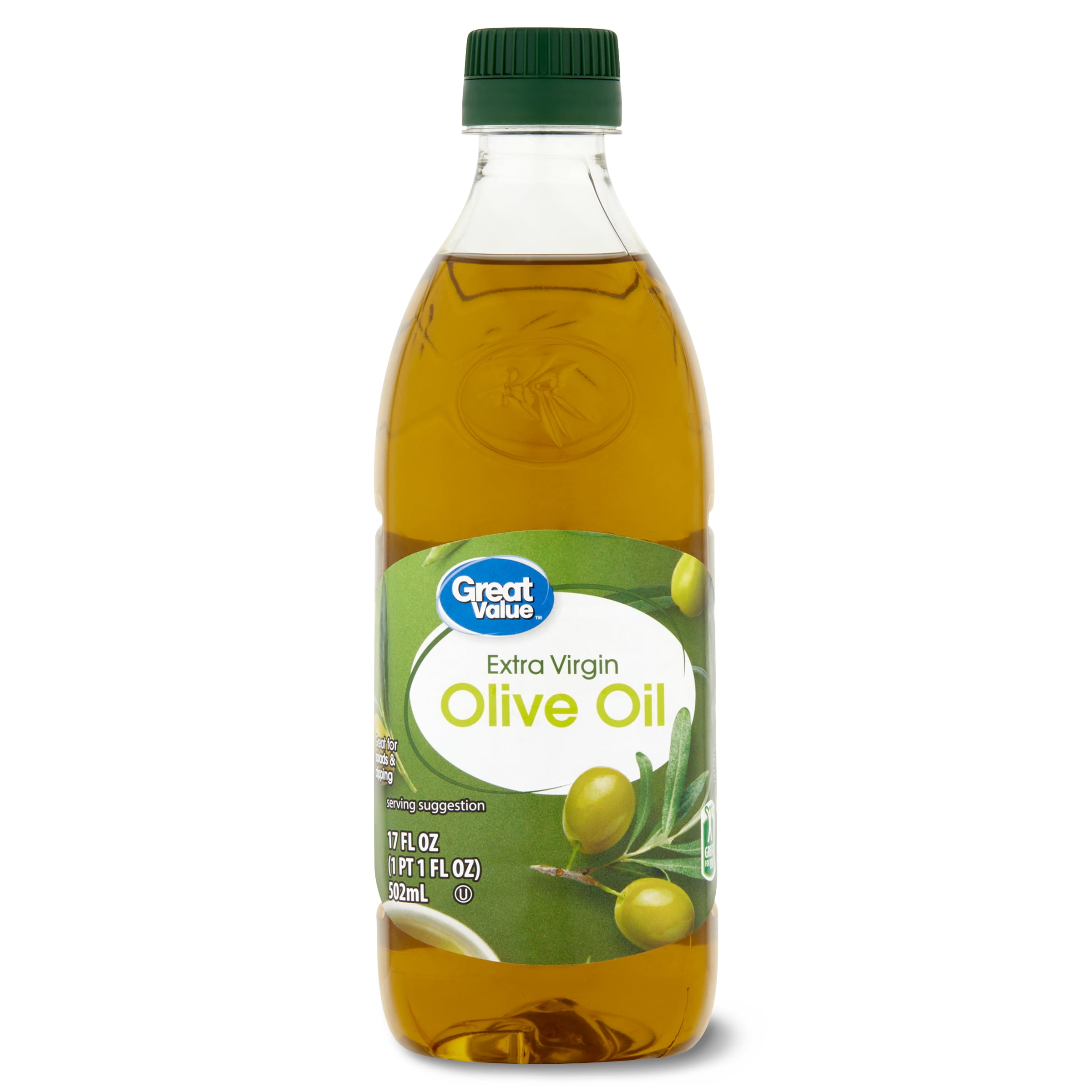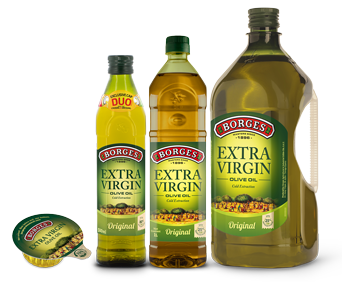Discovering the Various Types of Olive Oil and Their Uses, Consisting Of Additional Virgin Olive Oil
The exploration of olive oil incorporates a diverse variety of kinds, each offering culinary applications and unique flavors. Extra virgin olive oil, renowned for its premium high quality and health advantages, functions as a staple in numerous kitchen areas, yet it is only one element of this diverse ingredient. extra virgin olive oil benefits. Various other varieties, such as pure and refined olive oils, additionally call for attention for their special homes and uses. Comprehending these differences can considerably influence both food preparation methods and taste profiles. What, after that, should one take into consideration when choosing the appropriate olive oil for a details cooking venture?
What Is Olive Oil?
Stemmed from the fruit of the olive tree, olive oil is a staple in Mediterranean cuisine and a crucial active ingredient in various cooking applications. This versatile oil is created by pushing entire olives, resulting in a liquid that differs in taste, fragrance, and color relying on the kind of olives made use of, the region of cultivation, and the extraction procedure. Olive oil is primarily composed of monounsaturated fats, especially oleic acid, which is understood for its possible wellness advantages, including anti-inflammatory buildings and cardio assistance.
Along with its cooking usages, olive oil has a lengthy history of application in conventional medicine and skincare, owing to its rich antioxidant content (extra virgin olive oil benefits). The oil is typically utilized in dressings, marinates, and for cooking approaches such as sautéing and roasting. Its distinctive taste account can improve the taste of different dishes, making it a crucial ingredient for both home chefs and specialist cooks
Moreover, olive oil is celebrated for its role in the Mediterranean diet, which is associated with numerous health advantages. As recognition of these advantages grows, olive oil remains to gain appeal worldwide as a basic element of a healthy lifestyle.
Kinds of Olive Oil
Recognizing the different types of olive oil is crucial for both health-conscious customers and culinary fanatics. Olive oil is categorized primarily based upon its removal approach and high quality, which significantly influences its fragrance, flavor, and health and wellness benefits.

Light olive oil, despite its name, refers to a lighter taste and not reduced calories. It is optimal for those seeking a more refined preference in marinades and dressings. In addition, there are flavorful olive oils infused with natural herbs, seasonings, or citrus, which can improve dishes without the need for added flavoring.
Each type of olive oil serves details cooking purposes, and recognizing these differences allows customers to make informed selections that line up with their cooking designs and health and wellness goals.
Bonus Virgin Olive Oil
Additional virgin olive oil (EVOO) is widely considered as the finest olive oil readily available, renowned for its abundant flavor and numerous wellness benefits. To be identified as extra virgin, the oil has to be produced from fresh olives making use of mechanical processes, without the usage of solvents or extreme warmth. This precise approach protects the oil's all-natural flavors, antioxidants, and healthy fats, resulting in a product with a reduced level of acidity degree of less than 0.8%.
EVOO is abundant in monounsaturated fats, especially oleic acid, which is connected to decreased swelling and improved heart health and wellness. It additionally contains polyphenols, effective anti-oxidants that may use safety effects versus persistent diseases. The flavor profile of EVOO can differ considerably depending upon the olive selection and region of production, varying from fruity and grassy to robust and peppery.

Culinary Utilizes of Olive Oil

In cooking, olive oil can be used for sautéing, roasting, and grilling, providing a healthier choice to butter or various other fats. Its high smoke point makes it appropriate for different cooking techniques, while its antioxidants add to a heart-healthy diet. Drizzling olive oil over ended up recipes, such as pasta, fish, or smoked veggies, can raise flavors and add a touch of elegance.
Moreover, olive oil plays a significant duty in cooking, where it can replace conventional fats in dishes for bread and pastries, imparting moisture and a refined preference. It also functions as a base for instilled oils, enabling chefs to trying out tastes such as garlic, herbs, or chili, further increasing its cooking capacity. Overall, olive oil's convenience makes it crucial in both next home and expert kitchen areas.
Deciding On Quality Olive Oil
When picking high quality olive oil, it's vital to consider numerous essential factors that affect the item's fragrance, flavor, and wellness benefits. Primarily, go with extra virgin olive oil (EVOO), which is stemmed from the very first cool pressing of olives and consists of the highest degrees of anti-oxidants and useful substances. Search for oils that are licensed by identified organizations, as this often makes certain adherence to strict quality standards.
The product packaging also plays a substantial function in preserving the oil's stability. Select oils saved in dark glass bottles or tins to safeguard against light destruction. Take note of the harvest date; fresher oils provide premium flavor and nutritional value, so choose items that are within 18 months of their harvest.
On top of that, consider the origin of the oil. Top notch olive oils usually come from specific regions known for their unique flavor profiles, such as Italian, Spanish, or Greek oils. Be conscious of the taste; a good quality olive oil ought to have a balance of fruity, bitter, and sharp notes, showing its splendor and intricacy. By examining these aspects, you can ensure you are selecting the very best olive oil for your culinary needs.
Final Thought
In summary, the exploration of numerous sorts of olive oil exposes distinctive features and applications, with added virgin olive oil representing the pinnacle of top quality because of its low level of acidity and high antioxidant web content. Its adaptability in culinary uses enhances tastes in dressings, marinates, and drizzles. Recognizing the different varieties of olive oil permits for notified choices in food preparation approaches, advertising healthier techniques while enriching the total gastronomic experience. Quality choice remains critical for ideal advantages.
Derived from the fruit of the olive tree, olive oil is a staple in Mediterranean food and a key component in numerous culinary applications.The most typical types of olive oil consist of improved olive oil, pure olive oil, and light olive oil.Extra virgin olive oil (EVOO) is extensively related to as the highest top quality olive oil readily available, renowned for its rich taste and various health advantages. Opt for extra virgin olive oil (EVOO), which is acquired from the very first chilly pressing of olives and consists of the highest levels of anti-oxidants and helpful compounds.In recap, the expedition of various types of olive oil discloses unique qualities and applications, with extra virgin olive oil standing for the pinnacle of quality due to its low acidity and high antioxidant material.